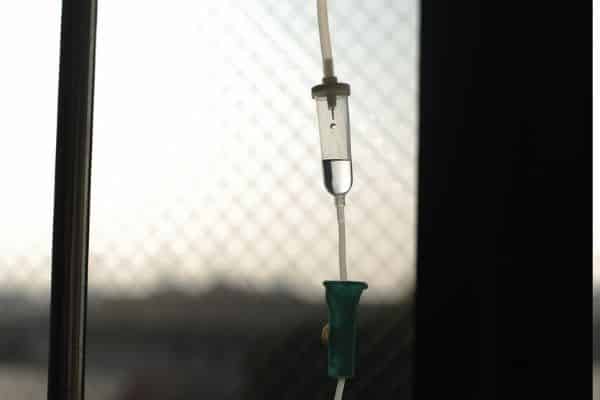
What Are the Different Types of Infusion Pumps and What Are They Used For?
Infusion pumps deliver medications, insulin, antibiotics, chemotherapy drugs, pain relievers, and other liquid treatments to a patient over time by controlling how much is administered. The fluid is administered at a steady rate over a designated period of time so that the patient can absorb the medication or nutrients for more effective treatment.
There are three basic types of infusion pumps. Let’s look at each type and how it is used.
- Pumps That Address Patient Mobility Issues – These pumps can be stationary or ambulatory.
- Stationary Pumps – Used at a patient’s bedside, these infusion pumps are intended to be more permanent to treat those who are bedridden or require frequent or constant medication or nutrition supplements.
- Ambulatory Pumps – These pumps can be moved about within the hospital or transported to a patient’s home so that he/she can receive treatment while maintaining a normal schedule. These infusion pumps are particularly beneficial for patients who suffer from chronic diseases and conditions.
- Pumps That Control the Volume of Fluid Delivered to Patients – Medications such as antibiotics and chemotherapy treatments must be administered at controlled levels for optimum patient absorption.
- Large Volume Infusion Pumps – These pumps deliver larger quantities of treatments, sometimes through larger tubing. These infusion pumps would be used for patients who are being fed in this manner.
- Small Volume Infusion Pumps or Syringe Pumps – These infusion pumps administer smaller quantities and are used specifically for hormone treatments.
- Pumps That Serve Different Functions –
- Traditional Infusion Pumps – This is a broad definition for most pumps that can be used in varying locations and includes large volume infusion and syringe pumps.
- Specialty Infusion Pumps – These infusion pumps are designed to be used in home settings and can be mobile. These pumps are used for a patient’s specific needs. Included in this category are insulin infusion and feeding tubes that allow the nutrition supplement to be delivered directly into the stomach or intestines.
Infusion pumps have improved the delivery of treatment to patients by offering more control, precision, and accuracy. The result is better patient care with fewer margins for error. Coast Biomedical Equipment provides an array of medical equipment including new and refurbished infusion pumps.




